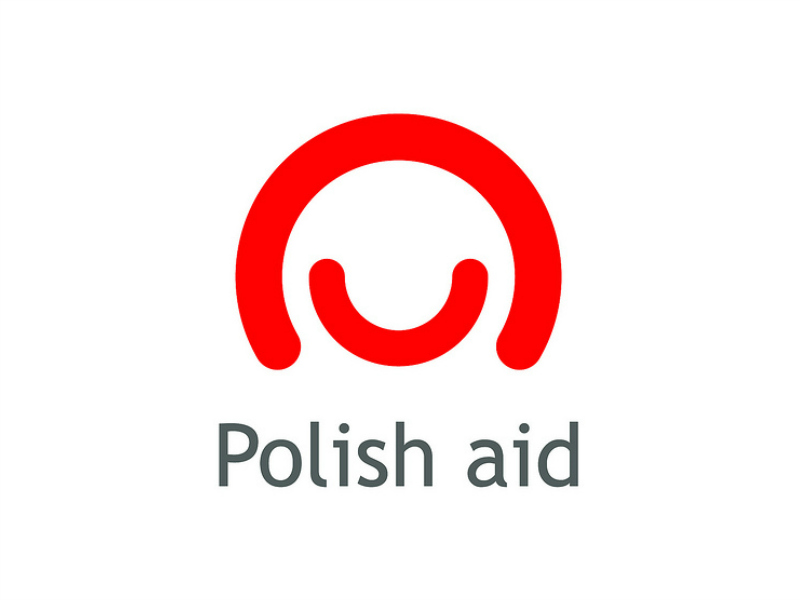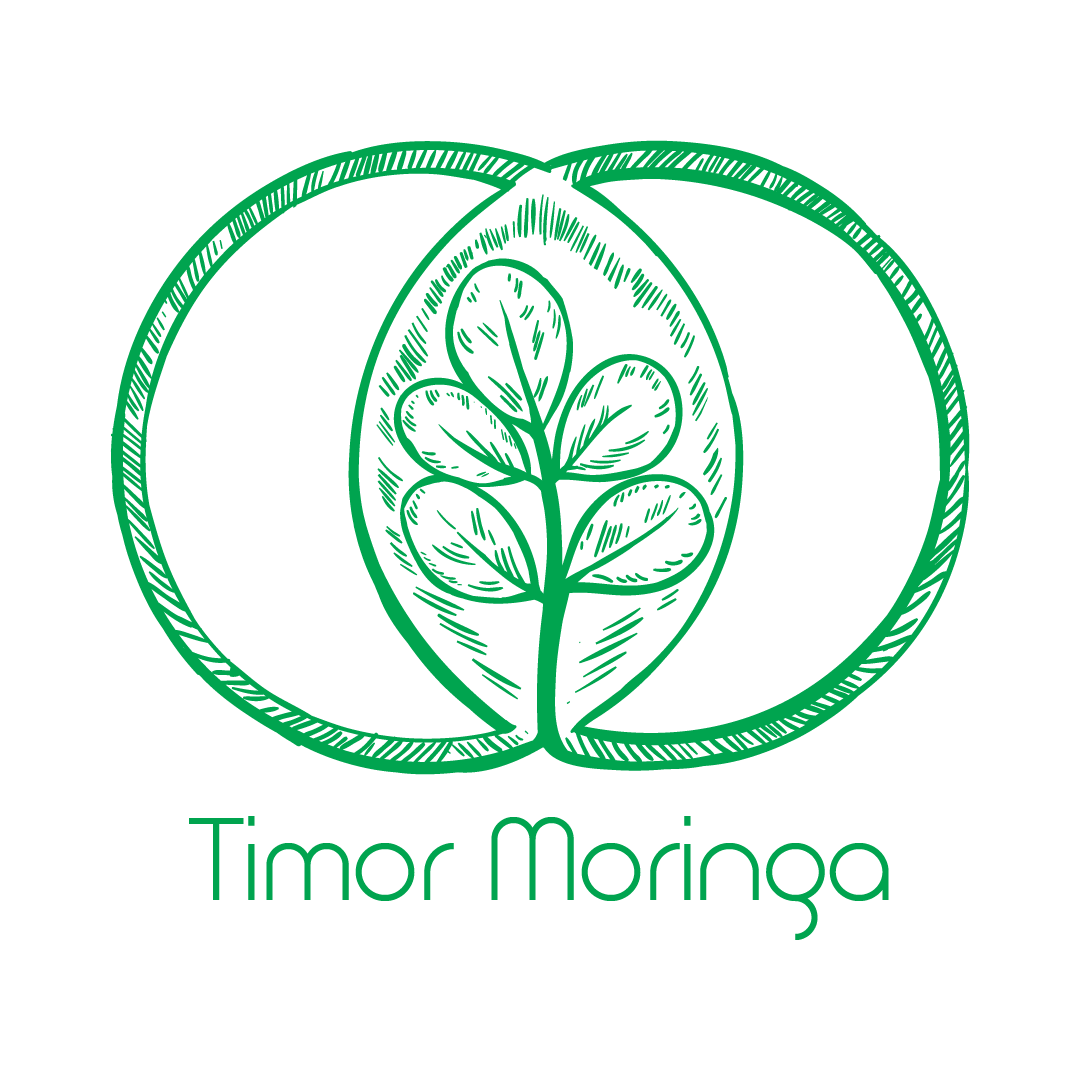This project is implemented by Yayasan Kopernik on behalf of our partner who provided grant funding for this project.
We will conduct nutrition-sensitive agriculture training and education to initiate home gardening using local foods to improve household nutrition intake and reduce stunting prevalence.
THE PROBLEM
Timor Tengah Selatan (TTS), or South Central Timor, in East Nusa Tenggara province is considered one of Indonesia’s regions with the highest stunting prevalence of children under two years old, with a staggering 346% of them reported as stunted (TP2AK, 2018). Based on our research, three villages in Soe City have extremely high stunting prevalence of children under five years old, namely Kuatae (82.6%), Noemeto (76.9%), and Taubneno (72.6%). The data indicates eight out of ten children under five years old are stunted. Even though many stunting-related programs have been implemented in TTS for years, stunting prevalence in the region remains high.
Based on findings from our previous stunting prevention project in Central Sumba, most families in East Nusa Tenggara province consume starchy foods that are generally low in essential nutrients, such as vitamins, protein, and minerals. Among the reasons for this low dietary diversity is limited knowledge about locally available nutritious foods, such as moringa. While moringa is already part of the community’s everyday lives, many families don’t have enough knowledge about its benefits. Consumption of moringa is not normally associated with its nutritional benefits.THE SOLUTION
Kopernik will start the project by conducting Unmet Needs Research to identify the needs related to stunting as well as opportunities for moringa-growing in three villages (Kuatae, Noemeto, and Taubneno). The research will also include interviews with stakeholders, e.g. village and district government, Posyandu cadres, and local NGOs.
The project itself will focus on several interventions:
- Provide nutrition-sensitive agriculture training and education to improve the dietary habits of households containing pregnant mothers and children under two years old.
- Distribute water filters and ‘1,000 days’ height charts - an easy-to-use child height measurement tool - to households containing pregnant mothers and children under two years old.
- Distribute moringa seedlings, and provide households with technical assistance on how to grow moringa and establish home gardens.
- Partner with the district's health department and women’s empowerment group to conduct participatory activities, such as training sessions that include an introduction to nutritious local food, dietary energy supply, and moringa benefits and cultivation.
For the implementation of these interventions, we will work closely with the village Posyandu cadres, village heads, and the Health Department of South Central Timor Regency.
THE EXPECTED IMPACT
We aim to map out the current conditions related to stunting and moringa growing and consumption in the area, to identify what works and what doesn’t.
Through identification of and introduction to locally available nutritious foods, as well as education on moringa benefits and cultivation, we expect to increase households’ knowledge about stunting prevention and to improve the dietary habits of households containing pregnant mothers and children under five years old.
PROJECT COST
Solution & Project Implementation
Costs associated with the purchase of the solutions tested and project coordination
$7,650
Monitoring & Evaluation
Costs associated with data collection, analysis and reporting
$1,761
Administration Fee
Cost of transferring payments internationally, processing online donations (5%) and a contribution to Kopernik's operational costs (15%)
$2,339
Total $11,750
This project is implemented by Yayasan Kopernik on behalf of our partner who provided grant funding for this project.




